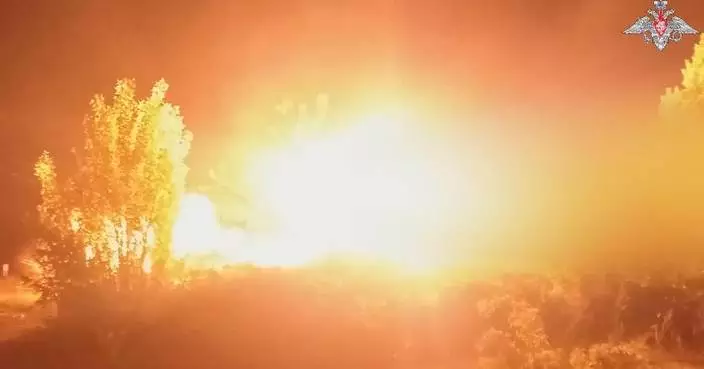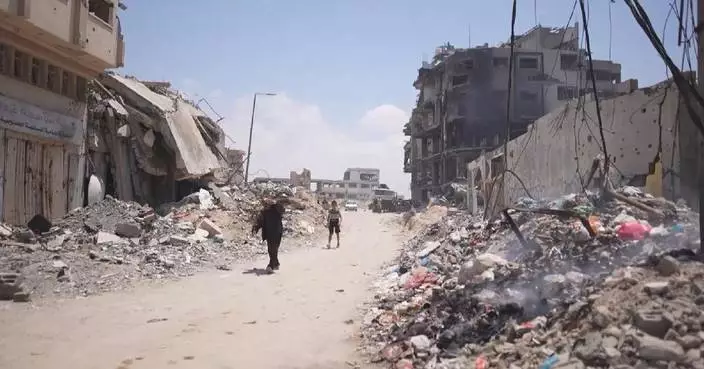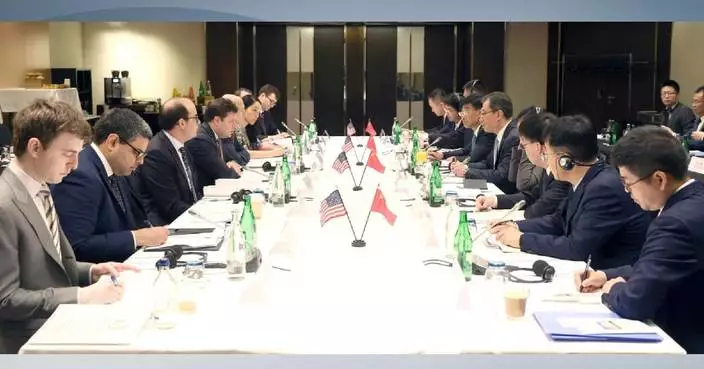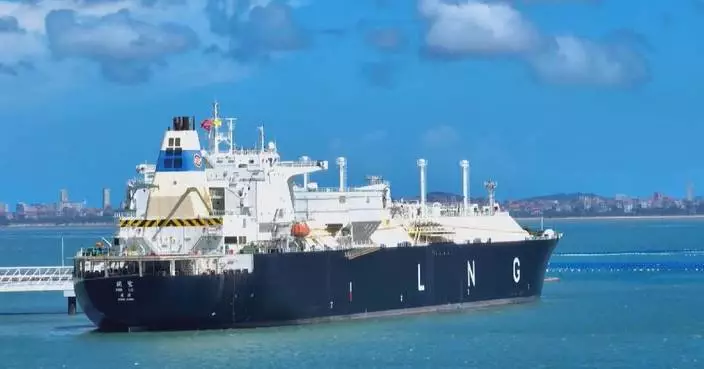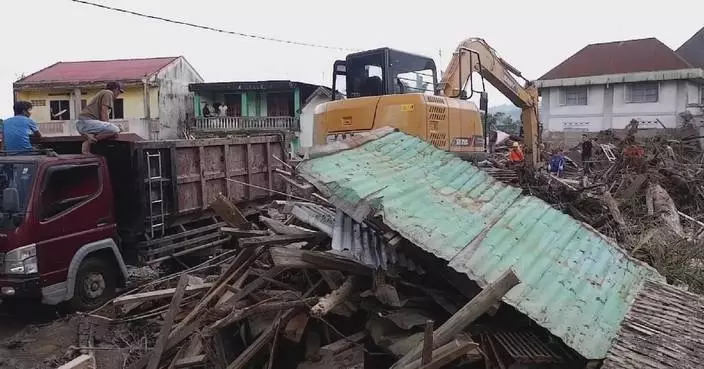Organizers of the China International Import Expo (CIIE) extended their invitation to Saudi Arabian companies at a formal outreach event in Riyadh on Monday.
At the event, deputy head of the CIIE Bureau Li Guoqing said that the expo has grown along with the advancement of China's high-standard opening-up. He went on to call it a wonderful platform for overseas enterprises to tap into the potential of the Chinese market and an important stage to achieve mutual benefit for Chinese and foreign companies.
China sincerely hopes that Saudi Arabia can bring more special products and quality services to China and create new opportunities for cooperation with the help of CIIE, he said.
Bassam Hamadeh, Executive Committee Member of the Saudi Chinese Business Council, said that the two countries have been achieving significant progress in politics, economy and culture, while the integration of the China-proposed Belt and Road Initiative (BRI) and Saudi Arabia's "Vision 2030" has played a crucial role in the development of bilateral trade and investment relations.
He believes that the CIIE has served as a useful platform to further promote economic and trade cooperation between the two countries.
"We welcome all the Chinese companies to come. We can see a lot of delegations coming to Saudi and exploring opportunities. We are interested as a business council to try to improve the relations in a way to bring expertise and know-how and local production as to 'Vision 2030' of Saudi Arabia," said Hamadeh.

China extends invitation to Saudi companies for 7th Int'l Import Fair
Devastation and despair have gripped the Gaza Strip amid the ongoing Israel-Hamas conflict, as hundreds of thousands of displaced Palestinians now reflect on the biggest disaster the region has seen for decades as the current crisis deepens.
Wednesday marks the 76th anniversary of the Palestinian Nakba day, or the day of "catastrophe", which is observed annually on May 15 to remember the expulsion of hundreds of thousands of Palestinians from their homes after the establishment of Israel in 1948.
In 1948, Israel declared statehood, sparking an eight-month war with a number of Arab states, known as the First Arab-Israeli War. During the war, Zionist forces took control of the western part of Jerusalem, which is considered the holy city for three major religions: Judaism, Christianity and Islam. In 1967, Israel took control of East Jerusalem, the West Bank and the Gaza Strip in the Six Day War, also known as the Third Arab-Israeli War.
After the Madrid Peace Conference in 1991, the Palestinian side gradually reclaimed approximately 2,500 square kilometers of its land through negotiations with Israel.
The Palestinians have long been seeking to establish an independent state with East Jerusalem as its capital city in light of a UN-proposed two-state solution based on the pre-1967 borders.
Now the region is again engulfed in crisis, with the conflict which erupted in October last year proving the deadliest yet, killing over 35,000 Palestinians, and injuring about 80,000 people, while leaving 2 million people displaced amid a severe humanitarian situation.
Some local media outlets say a second 'Nakba' is now taking place, as more than half the population of Gaza is on the brink of famine while almost all residents are experiencing acute food insecurity and malnutrition.
Among the 2 million displaced Palestinians, many of them are descendants of refugees who fled from the West Bank 76 years ago. But this time, as Israel has either taken control of or closed border crossings into Gaza, they have nowhere to escape to.
The losses caused by the current conflict have far exceeded those of 76 years ago. According to a report released by the World Bank and the United Nations, the cost of damage to critical infrastructure in Gaza was already estimated at around 18.5 billion U.S. dollars as of January this year, while Israel's recent intensive bombardment of Gaza's southernmost city of Rafah has only worsened the situation.
The report shows that the overall cost of damage is equivalent to 97 percent of the combined Gross Domestic Product (GDP) of the West Bank and Gaza in 2022.
Furthermore, a recent UN report estimated it would take until 2040 to rebuild destroyed homes in Gaza, leaving a whole generation of Palestinians facing a difficult future.

Palestinians in grip of despair during sombre 'Nakba' anniversary




